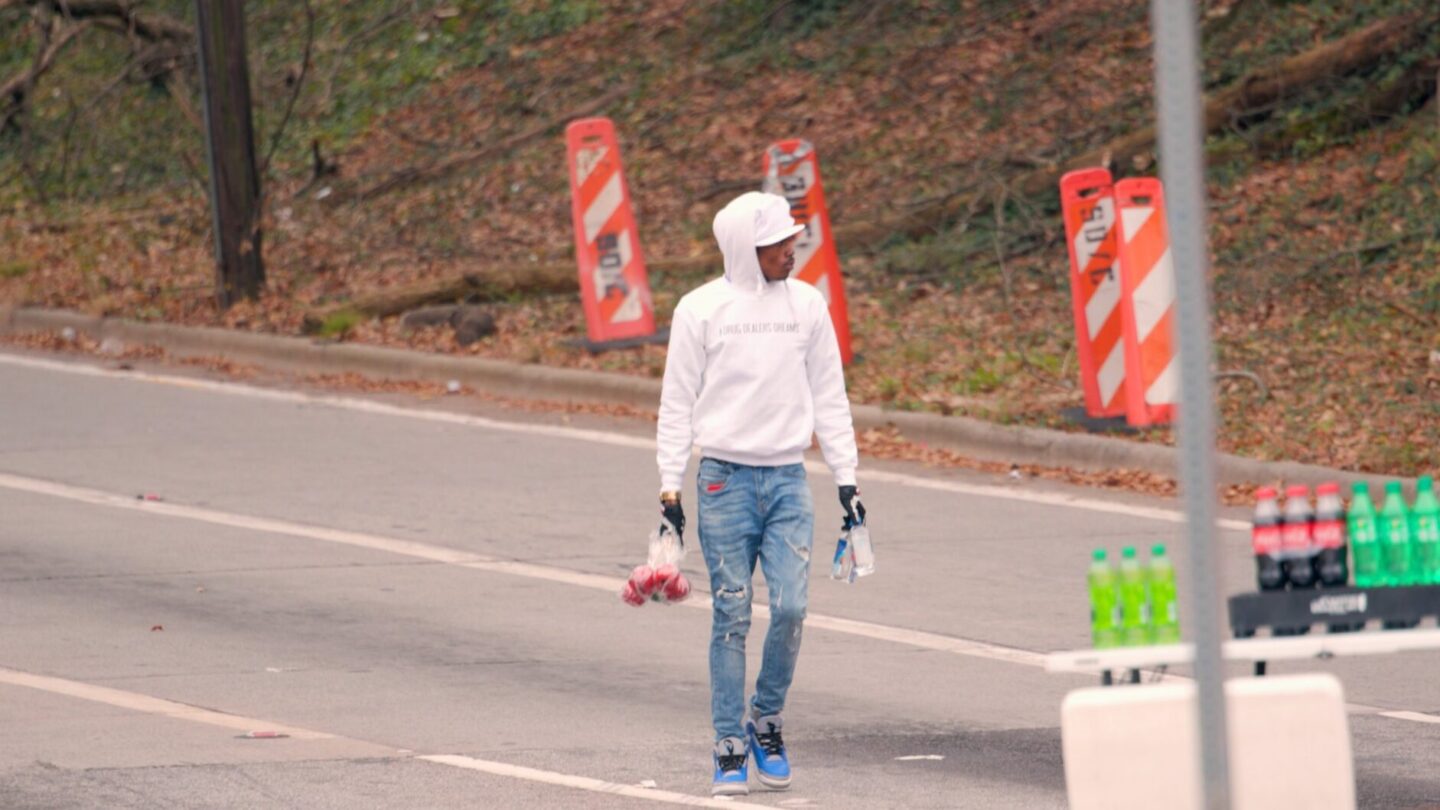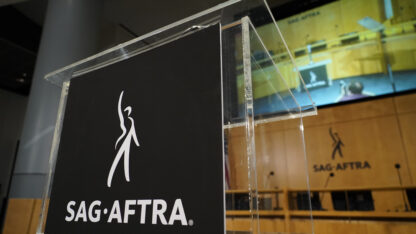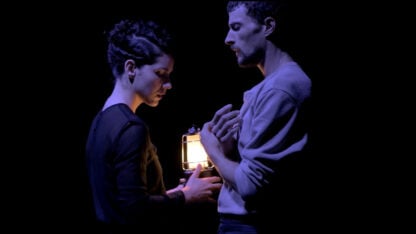Rapper Sensei Chop's new film 'Thirst Trap' documents 'water boy' culture in Atlanta

If you’ve driven through streets of Atlanta, especially during hot weather, you may have seen young African-American boys selling water bottles or soft drinks along the medians. They’re known as the “water boys” or “bottle boys.” The practice is somewhat controversial, and has received a lot of media attention in recent years.
Atlanta filmmaker and rapper Sensei Chop has created a documentary about the water boy culture in our city. “Thirst Trap” is streaming now on Amazon Prime and Tubi. Sensei Chop joined “City Lights” host Lois Reitzes via Zoom to share more about his new documentary.
Interview highlights:
Why selling water by the road became a tenuous lifeline for many:
“At the time it was hard for a lot of these young guys to get, not necessarily get jobs, but to get the jobs that provide the type of money that will make sense for their living situation,” said Sensei Chop. “A lot of these kids … they are breadwinners for their home. They’re in a single-family home, and they’re not trying to turn anything illegal cuz they might have older relatives or other people in the neighborhoods where they see, ‘Okay, they went to selling drugs or went to robbing people. This is what happened to them. This is what happened to their lives.’ So they don’t wanna go that route. So to them, that’s the best way for them to make the most amount of money legally; not realizing that there’s other steps you need to take to be able to actually do it legal, but it’s not selling drugs.”
A practice on a wide spectrum from safe to very unsafe:
“I’ve been seeing Tez and Josh [of Digemsnacks LLC] around since 2016, and one thing I’ve always noticed about them is they just were super professional with their setup. They were super clean. I would be riding by, I would see them taking time to actually set up their display and everything before they just go out there and sell water. And when they’re done, I actually catch them cleaning up, which I don’t see any other waterboys do, and they’re not running up to cars, they’re not being reckless.”
“It’s a lot of kids that are just extremely reckless, especially after COVID. I think the first couple of months within Atlanta during COVID, when we didn’t know what was going on, and the kids couldn’t go to school, and they’re just being left in the house, when they were finally able to go out, they were just full of energy and just full of life,” Sensei Chop recounted. “So a lot of them just couldn’t take ‘no’ for an answer. A lot of them would just run up to cars, snatch what they can out of the cars — definitely not the proper way to do it. But it made a lot of drivers uneasy. Some drivers actually got shot or assaulted by the water boys.”
How the City of Atlanta and its mayors respond to the water boys:
“Actually, the City of Atlanta, they, the main thing they’re doing right now is just really asking citizens just not to support the water boys. There’s nothing legal that they’re actually doing right now. There was a mayoral candidate, Antonio Brown, who was running, and he said if he won, he wanted to create some water bottle facilities for these waterboys to work in. But the issue with that, a lot of these waterboys like Tez and Josh is not that they’re looking for a job. They’re entrepreneurs. So you’re trying to give them a job and probably paying them less than what they’re making, right? It’s not going to work,” said Sensei Chop.
On Sensei Chop’s trial by fire as a first-time filmmaker:
“I had no idea what all it would take to actually make the film,” Sensei Chop recounted. “Literally the first day of shooting, I got my car stolen. My mom went missing for a whole week. Me and my sister had no idea where my mom was, and I’m dealing with all this in the midst of me trying to put a documentary together, and my brother got locked up. It was just a lot of things that were happening in that time period, on top of me trying to learn how to be a filmmaker. Because in my mind I’m thinking, ‘I have a camera, I can get it done,’ and I really wasn’t thinking about the whole legal aspect of it as well, or the fact that when you’re making something like a documentary, when you’re trying to convey certain emotions to the audience, you have to experience those emotions yourself in editing, so it can feel real and authentic.”
The new documentary “Thirst Trap” is out now and available to stream on Amazon Prime and Tubi.








